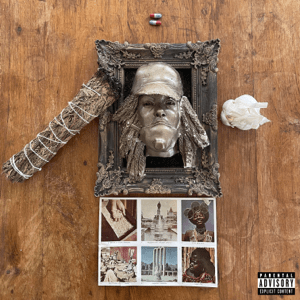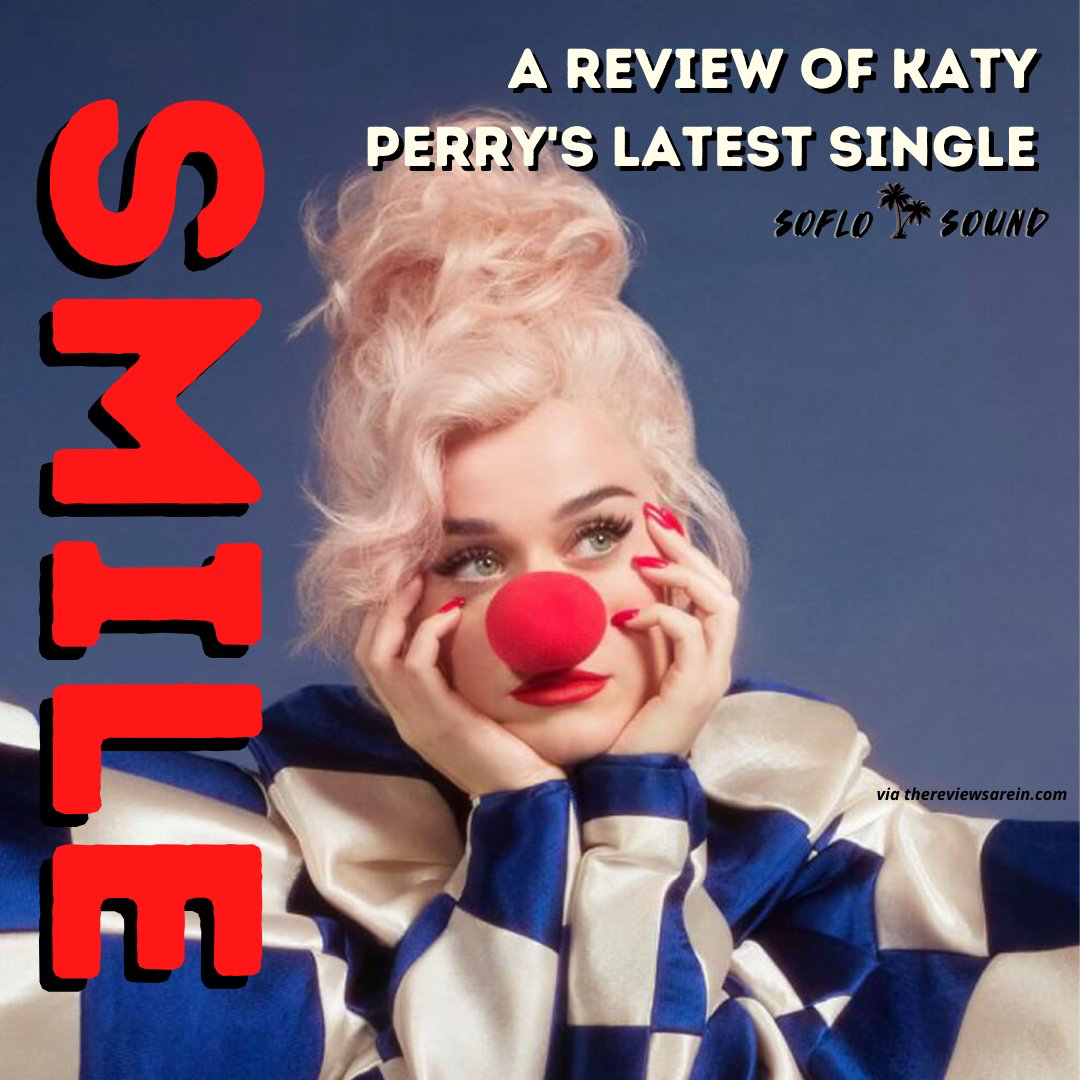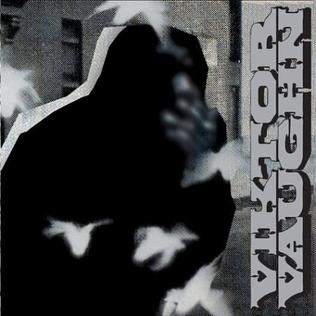By: T-Rod
April’s been a cycle of Part 1s and Part 2s.
I finally got around to watching Denis Villeneuve’s Dune films, one of the greatest film duologies I’ve seen in a long time: “Please watch Dune” has become a catchphrase of mine at this point. Similarly, I got to experience one of the most exciting back-to-back releases in 2020s hip-hop, Future and Metro Boomin’s We Don’t Trust You series. 42 tracks of Future and Metro-Boomin goodness have made a lot of people talk, beyond the very prominent feuds it’s stirred up in the hip-hop community.
While I think it’s weird to draw comparison between a political sci-fi series and southern hip-hop collabs (beyond the main character of both releases having a grandiose sense of power and pain), the discourse around both series makes me reflect on how we consume media. In an era where the “big” blockbuster releases seem to come and go after about a week of hype, it’s a weird feeling to see projects like these continue to dominate discussion. These are how anticipated blockbuster releases should feel and yet…they’re so rare. Why is that?
I think a lot of the issue really can stem from the streaming model. TV Shows, movies, and even albums being so readily accessible really lessens the impact of experiencing anything, especially something good. Consume, digest, move on to your next snack; it’s not easy to have a community around a piece of media if everyone collectively has moved on to the next release, as that’s what’s incentivized for you and I, the consumer. Speed and availability of consumption.
The speed of consumption works both ways, however. Artists and creatives today are very much drowning under pressure to keep up the speed of releases and lowered attention span. When that pressure is applied, the cracks start to show: less marketing around an album, songs feel less like individual creative offerings and more like variations on an established template. The same goes for film. Even the biggest Hollywood IPs strain under the need to produce and produce more so fans can keep consuming, digesting, moving onto the next snack and it shows. Big movies tend to feel cheap, with cut corners on the script and VFX that rarely feel like an expression of one’s craft, more so an expression of “We have to get this out as soon as it’s ready for someone to view.”
Dune and We Don’t Trust You didn’t feel like they were pushed out the moment they were done; they felt revised, improved, refined. The former was a return to big ideas, on a big screen, leaving a big impact with some of the best visuals and storytelling I’ve seen in a while. The latter was a return to when collaborative albums between two titans really meant we would get something worthwhile.
I’d be lying if I said I haven’t fallen slightly out of favor with popular cinema and music: there’s a lot of middling stuff that really isn’t worth the effort, partially because there’s so much more middling stuff to engage with. Dune and these new Future/Metro records, however, show that even stuff that is good, let alone great, can still engage, dominate conversation when enough room is given for a project to breathe. Folks are still talking about how much they’re anticipating the next Dune film, music heads are still discussing highlights from this latest Future series. To me, they both speak on how quality, effort, and time in the oven can lead to a product that stands out and makes people stick with it.
I initially started this as a dual review to both Dune films and both Future/Metro albums, but I don’t think my heart is in the right place to tell you that the 4 massive projects in total are worth your time. They are, to me at least. Each represents the maximum of what each medium can offer: whether its political sci-fi opera, or pain-fueled rap ego, they’re big, bold, and I’d say some of the best offerings you could check out right now. The streaming era is still the norm, but with media like this, hopefully we can respect the time, care, and craft that can go into something truly memorable.


